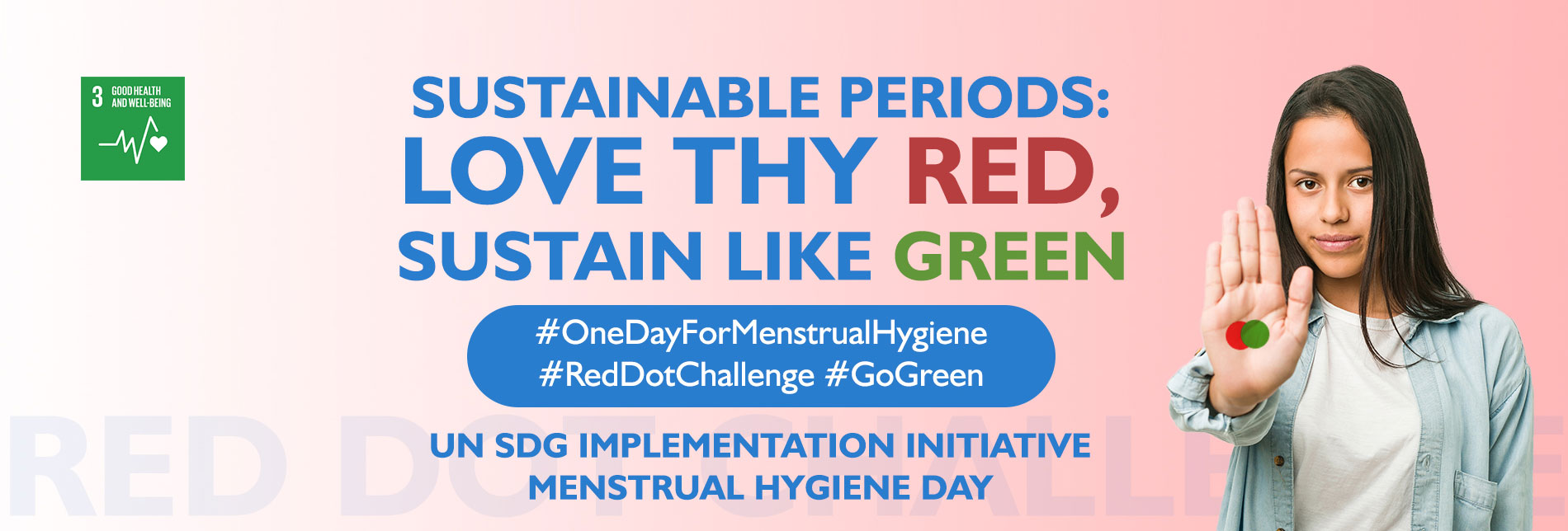
One Day For Menstrual Hygiene
FairGaze (leading school media), along with India Is Us (a NGO support initiative working with over 80 NGOs), has initiated #OneDayForMenstrualHygiene drive coinciding with the World Menstrual Hygiene Day observed on 28th May, every year.
This campaign will engage the school community to implement Sustainable Development Goals, SDG 3, helping students understand periods, dispel myths, discard pseudoscience, and embrace body positivity and eco-friendly menstrual hygiene products.
As a part of the campaign, we are introducing #RedDotChallenge #GoGreen that aims to achieve our campaign objectives.
Our Campaign is aligned with the objective of SDG 3
Objectives of the Campaign
This campaign aims to spread information about safe menstrual practices and dispel myths with scientific reasoning. The subject of menstruation and menstrual hygiene has been a big taboo in our society. Many girls still follow many myths especially those who have limited access to sanitary pads or menstrual education. Worse still, girls are looked down upon and considered impure when they have the periods. The campaign offers participants an opportunity to be open-minded about menstruation, encouraging young girls to be able to talk about it more freely. The Campaign aims to achieve the following objectives:
- - To educate young girls about menstrual hygiene
- - To destigmatize menstruation
- - To spread awareness among men regarding period-positivity
- - To promote body-positivity
- - To engage mothers and normalize talking about periods
- - To spread awareness about sustainable menstrual hygiene and encourage the use of eco-friendly products
Was There A Need For This Campaign?
Periods don’t stop during a pandemic. Meeting the menstrual needs of women and girls is critical to ensuring their health, human rights, and dignity. Through the campaign, FairGaze aims to empower girls and women with knowledge and information to better manage their menstrual health and hygiene.

Who Can Participate?
-
Students studying in class 6th to 12th (any school across India), who have access to their parent's or own Facebook account

What Is
#OneDayForMenstrualHygiene #RedDotChallenge #GoGreen?
How to participate?
Sustainable Periods: Love thy red, Sustain like green
The Challenge focuses heavily on two colors- red and green. Red symbolizes periods, warmth, and energy of womanhood, while green depicts eco-friendliness, sustainability, and reusability. Through these two colors we want to facilitate conversation around destigmatizing menstruation and following eco-friendly menstrual hygiene practices.
Parents and/or students will have to draw two small circle (one green and one red color) on the palm and click photos showing the palm with the two circles.
Share these pictures in the Menstrual Hygiene Day Facebook group.
Share the link to your post with your friends and family to get as many likes as you can get.
Winners with maximum likes would be announced every week, so register and submit now!
Final five winners and ten consolation prizes would be announced LIVE during the Menstrual Health webinar on 28th May 2021.
STEPS OF PARTICIPATION
- 1. Fill the registration details in the FairGaze registration form. After you submit the form, you will be taken to a dialog box. Join the Facebook group of the campaign by clicking on the link.
- 2. Join the campaign group and post your picture holding the palm of your hand carrying two dots - red dot and green dot.
- 3. Remember to tag @FairGaze & @IndiaIsUs. Use hashtags #OneDayForMenstrualHygiene #RedDotChallenge #GoGreen
- 4. Share your post as much as possible and try to get maximum likes on your post. The top five students who reach the most number of engagements (maximum likes on the post) will stand to win exciting prizes. The next 10 runners-up will also stand to win surprise prizes.
Hard Hitting Facts on Menstrual Hygiene
1. Only 36 Percent Women Use Sanitary Pads In India: National Family Health Survey 2015-2016 estimates that of the 336 million menstruating women in India about 121 million (roughly 36 percent) women are using sanitary napkins, locally or commercially produced.
https://swachhindia.ndtv.com/menstrual-hygiene-day-facts-26-percent-use-sanitary-pads-periods-34309/
2. In India, 300+ million women and girls rely on old clothes/rags and a small percent of them also use plastics, sand and ash to address their sanitation needs during the menstrual cycle.
https://aakarinnovations.com/#:~:text=Facts,needs%20during%20the%20menstrual%20cycle
3. 88% of menstruating women in India use home-grown alternatives like old fabric, rags, sand, ash, wood shavings, newspapers, dried leaves, hay, and plastic.
https://www.dasra.org/assets/uploads/resources/Spot%20On%20-%20Improving%20Menstrual%20Management%20in%20India.pdf
4. Only 18% women in India have access to sanitary hygiene in India.
https://timesofindia.indiatimes.com/life-style/health-fitness/health-news/only-18-women-in-india-have-access-to-sanitary-hygiene-in-india/articleshow/64931350.cms
5. The biggest barrier to using a sanitary napkin is affordability. Around 70% of women in India say their family can't afford to buy them. These are the findings of the latest study, "Sanitary Protection: Every Woman’s Health Right, undertaken by AC Nielsen.
https://timesofindia.indiatimes.com/india/70-cant-afford-sanitary-napkins-reveals-study/articleshow/7344998.cms
6. In India, an estimated 70% of all reproductive diseases in women are caused by poor menstrual hygiene.
https://www.dw.com/en/opinion-when-will-india-give-women-the-right-to-bleed/a-55726138
7. Menstruation And Impact On Education: A 2014 report by the NGO Dasra titled ‘Spot On!’ informed that almost 23 million girls in India drop out of school annually, because of lack of menstrual hygiene management facilities, including availability of sanitary napkins and awareness about menstruation. The report further suggests that the girls, who don’t drop out, usually miss up to 5 days of school every month.
https://swachhindia.ndtv.com/menstrual-hygiene-day-facts-26-percent-use-sanitary-pads-periods-34309/
8. What Exactly Happens Due To Poor Menstrual Hygiene? : We often hear that unhygienic period health and disposal practices can have major consequences on the health of women, but what exactly is at risk here? Every person – male or female should be aware of the diseases that could be caused if a woman does not have access to menstrual hygiene products. The issue can increase a woman’s chances of contracting cervical cancer, Reproductive Tract Infections, Hepatitis B infection, various types of yeast infections and Urinary Tract Infection, to name a few.
https://swachhindia.ndtv.com/menstrual-hygiene-day-facts-26-percent-use-sanitary-pads-periods-34309/
WINNER ANNOUNCEMENT

PRIZES & GIVEAWAYS
- 5 winners and 10 consolation prizes
- Participants will get the certificates issued by FairGaze & India Is Us.
- FairGaze and India Is Us will feature the winners story on the respective media networks.
- Two best contributors from each school who partners with us will be recognized solely on the basis of content.
For any further details, please reach out to us at:
Piyush Nayak - +91 97170 23501
Alisha Vijoy - +91 95997 75838
Ranju R. Pillai - +91 99105 52480
Associate Schools
-

Delhi Public School
Gautam Buddh Nagar, U.P
-

S.D. Public School
Pitampura, New Delhi
-

Sri Venkateshwar International School
Dwarka, Delhi
-
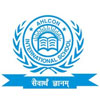
Ahlcon International School
Mayur Vihar, Phase-I, Delhi
-

Venkateshwar Global School
Rohini, Delhi
-

Happy English School
Sharad Vihar, Delhi
-

Bal Bharti Public School
Dwarka, New Delhi
-

Vidya Vikas Public School
Morabadi-Boreya Road, Ranchi
-

Indus Public School
Dipka, Chattisgarh
-

Richmonds High School
Jubilee Hills, Hyderabad
-
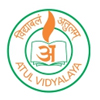
Atul Vidyalaya
Valsad, Gujarat
-

Arwachin International School
Dilshad Garden, Delhi
-

Hamdard Public School
Sangam Vihar, New Delhi
-

Clara Global School
Pune, Maharashtra
-

BGS International School
Dwarka, Delhi
-

The Wilbur School
Mirabara Rana, Uttarakhand
-

Jammu Sanskriti School
Jammu, Jammu and Kashmir
-
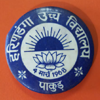
Harindanga High School
Pakur, Jharkhand
-

Greenfield Academy Senior Secondary School
Ramnagar, Uttarakhand
-

Government High School
Dighauri
-

Indus Valley International School
Turkayamjal, Hyderabad, Telangana
-

Maxfort School
Paschim Vihar, Delhi
-

Apex International School
Motihari, Bihar
-

Guru Nanak Modern School
Kalyanpur, Kanpur
-

Dewan Global School
Saket, Meerut, Uttar Pradesh
-

Kamrabad Girl's High School Sonarpur
Kolkata, West Bengal
-
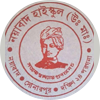
Nayabad Highschool
Khurigachi, Kolkata, West Bengal.
-

Govt.H.S.S
Bhilai, Chhattisgarh
-

GB Memorial Institution
Kolkata, West Bengal
-

Gorkhara High School
Mondal Para, Kolkata, West Bengal
-

St. Terera's Secondary School
Kidderpore, Kolkata, West Bengal
-

Government Higher Secondary School
Ari, Madhya Pradesh
-

Army Public School Pulgaon
Wardha, Maharashtra
-

Little Flower International School
Shahdara, Delhi
-

Little Flower Public School
Shahdara, Delhi
-

Children's Academy
Malad, Mumbai, Maharashtra
-

Lovely Public Senior Secondary School
Priyadarshini Vihar, New Delhi
-

Mamta Modern Senior Secondary School
Vikaspuri, Delhi
-

Sanfort World School
Greater Noida, Uttar Pradesh
-
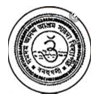
Sharda Vidyapeeth Girl's High School
Behala, Kolkata, West Bengal
-

Morning Glory Public School
Sundarpur, Chandaka, Bhubaneswar
-

Goverment High School
Sector 50, Chandigarh
-

Kendriya Vidyalaya
Ballygunge, Kolkata, West Bengal
-

City Montessori School
Aliganj-1, Lucknow
-

The Indian Heights School
Dwarka, New Delhi
-

R.A.N Public School
Rudrapur, Uttrakhand
-

Dhanbad Public School
Dhanbad, Jharkhand
-

Moga Devi Minda Memorial School
Bagla, Hisar, Haryana
-

Shree Vallabh Sanskar Dham
Pardi, Gujarat
-

Maharishi Arvind School
Ranpur, Rajasthan
-

Sangam Academy
Borbocha, Assam
-

Govt. Higher Senior Secondary School
Ashta, Madhya Pradesh
-

St. Kabir's School
Hisar, Haryana
-

M.S.M. HIGH SCHOOL ASANTALIA
C.K.P, Jharkhand
-

City Montessori School
Gomtinagar Extension Campus, Lucknow
-

Maa Anandmayee Memorial School
Uttarkhand
Associate NGOs
-

Womenite
-
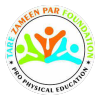
Taare Zameen Par
-

Sakaar Outreach
-

Sashakt Foundation
Media Presence
-
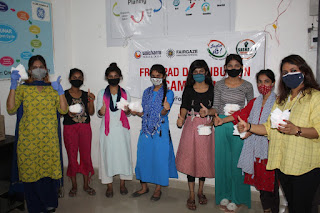
फेयरगेज़ और इंडिया इज़ अस द्वारा नौएडा में पैड वितरण अभियान चलाया गया
aman india -
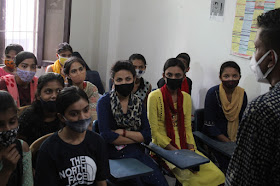
No lockdown on menstrual health and hygiene, in a pandemic
Mumbai News networks -
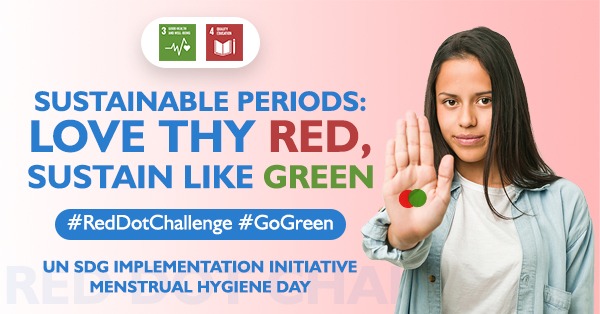
No lockdown on menstrual health and hygiene, in a pandemic
News Patrolling -
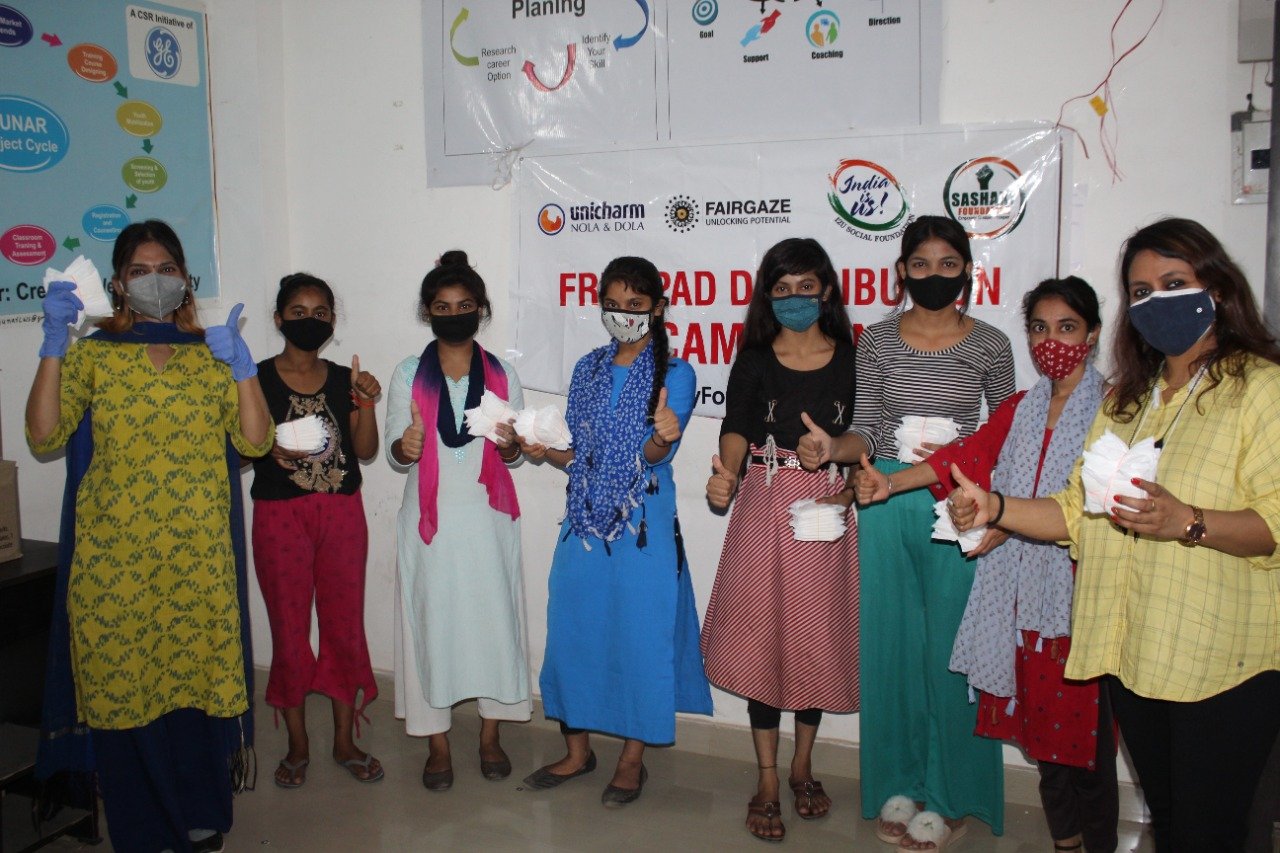
FairGaze & India Is Us Unite on a Sanitary Pad Distribution Drive
Content media solution -

FairGaze & India Is Us Unite on a Sanitary Pad Distribution Drive
online media cafe -

FairGaze & India Is Us Unite on a Sanitary Pad Distribution Drive
digital media 9 -

FairGaze & India Is Us Unite on a Sanitary Pad Distribution Drive
business news this week -

FairGaze & India Is Us Unite on a Sanitary Pad Distribution Drive
media bulletins -
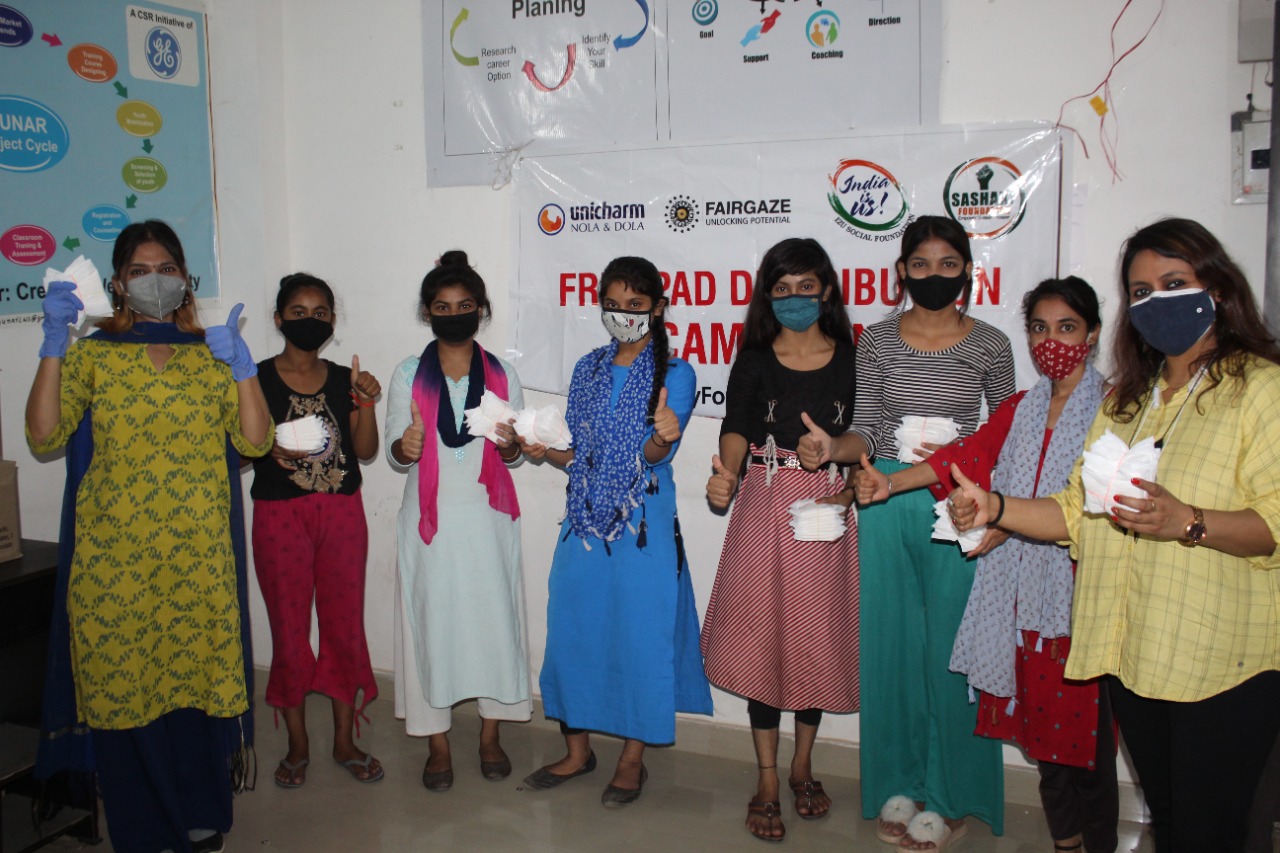
FairGaze & India Is Us Unite on a Sanitary Pad Distribution Drive
royal harbinger -

स्लम बस्तियों जागरुकता के साथ किया सैनेटरी पैड का वितरण
loktantra news -

FairGaze And India Is Us To Distribute 50,000 Sanitary Pads In Slums Of Delhi & NCR
mumbai news networks -
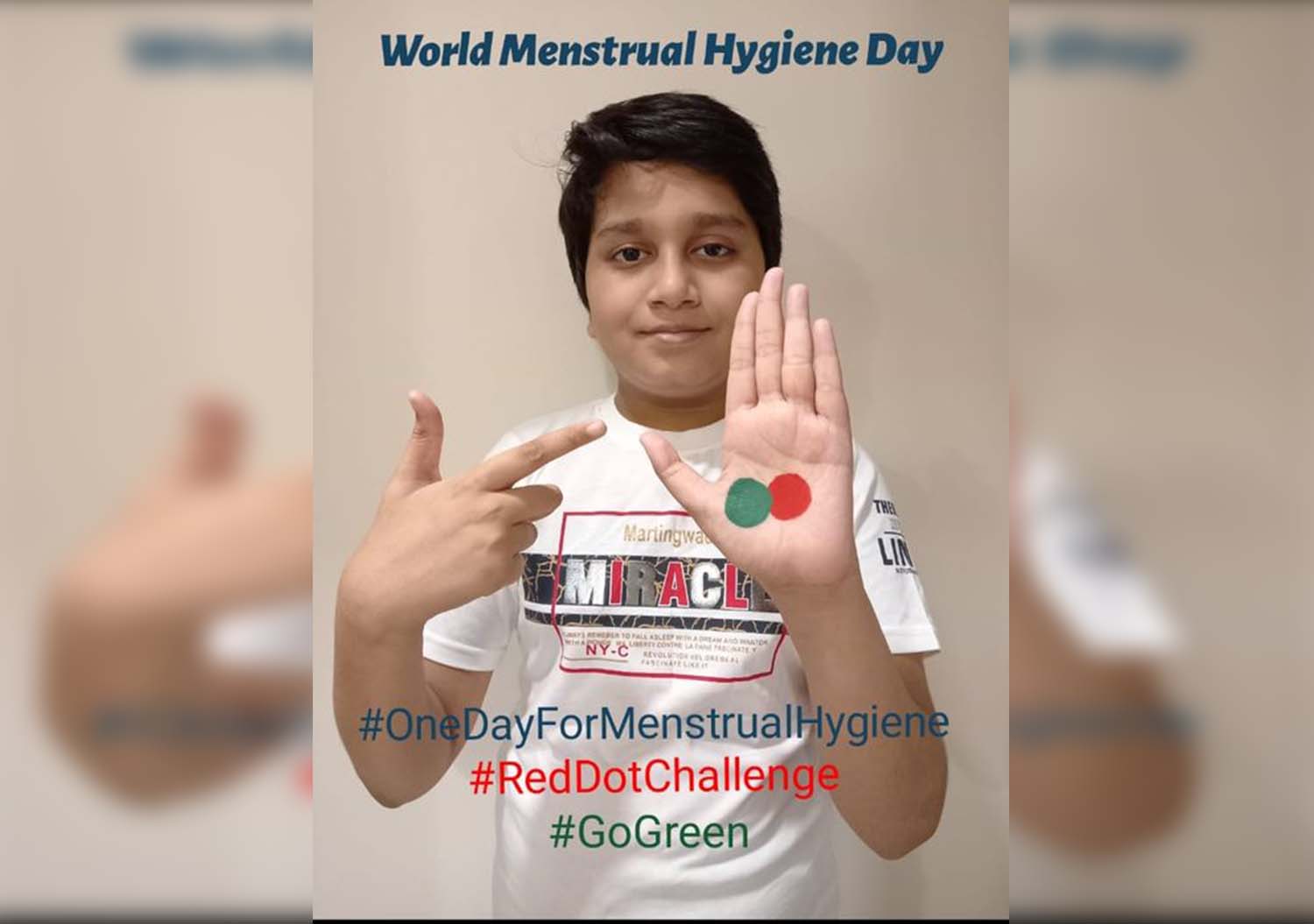
FairGaze And India Is Us To Distribute 50,000 Sanitary Pads In Slums Of Delhi & NCR
bold outline
CAMPAIGN Stats
Group Members
1287
Post by Participants in Group
288
Total Reach
631656
Total Engagement
34310
Website Traffic in Sessions
10188
Registered Participants in Website
920



